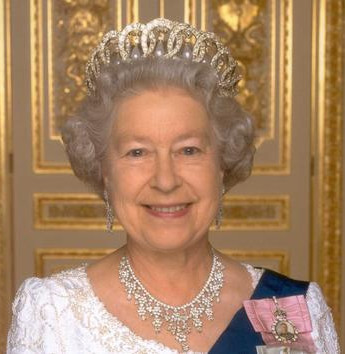Queen Elizabeth II is the Head of the Commonwealth. The Queen’s role carries no formal functions, but has great symbolic significance and has helped to underline the sense of the Commonwealth as a family of nations. The Queen has laid considerable stress on her role as Head of the Commonwealth, and made a great contribution to the association.
 This sense of a new Commonwealth was noted by Queen Elizabeth II at her Christmas broadcast from New Zealand in 1953, shortly after her accession to the throne. She said, ‘The Commonwealth bears no resemblance to the empires of the past. It is an entirely new conception built on the highest qualities of the spirit of man: friendship, loyalty, and the desire for freedom and peace’.
This sense of a new Commonwealth was noted by Queen Elizabeth II at her Christmas broadcast from New Zealand in 1953, shortly after her accession to the throne. She said, ‘The Commonwealth bears no resemblance to the empires of the past. It is an entirely new conception built on the highest qualities of the spirit of man: friendship, loyalty, and the desire for freedom and peace’.
The Queen’s role now includes, by developing tradition, a number of symbolic functions which enhance the sense of family and the vitality of the Commonwealth connection. She holds discussions with Commonwealth leaders in national capitals, in London and during Heads of Government Meetings. She visits the host country during each summit, meeting the leaders in individual audience and at larger formal functions. Her state visits have included most Commonwealth countries – not only those in which she is head of state – meeting the people as well as leaders. She delivers a Commonwealth Day broadcast and is present at other Commonwealth Day events including the multifaith observance at Westminster Abbey and the Commonwealth Secretary-General’s reception.


